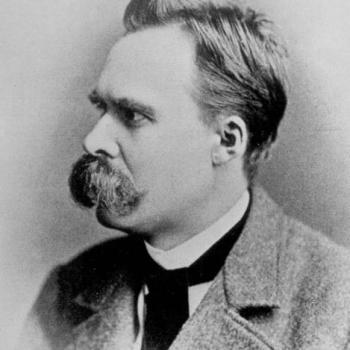Our obsession with the Constitution has saddled us with a dysfunctional political system, kept us from debating the merits of divisive issues and inflamed our public discourse. Instead of arguing about what is to be done, we argue about what James Madison might have wanted done 225 years ago.
As someone who has taught constitutional law for almost 40 years, I am ashamed it took me so long to see how bizarre all this is. Imagine that after careful study a government official — say, the president or one of the party leaders in Congress — reaches a considered judgment that a particular course of action is best for the country. Suddenly, someone bursts into the room with new information: a group of white propertied men who have been dead for two centuries, knew nothing of our present situation, acted illegally under existing law and thought it was fine to own slaves might have disagreed with this course of action. Is it even remotely rational that the official should change his or her mind because of this divination? . . .
This is not to say that we should disobey all constitutional commands. Freedom of speech and religion, equal protection of the laws and protections against governmental deprivation of life, liberty or property are important, whether or not they are in the Constitution. We should continue to follow those requirements out of respect, not obligation.
Nor should we have a debate about, for instance, how long the president’s term should last or whether Congress should consist of two houses. Some matters are better left settled, even if not in exactly the way we favor. Nor, finally, should we have an all-powerful president free to do whatever he wants. Even without constitutional fealty, the president would still be checked by Congress and by the states. There is even something to be said for an elite body like the Supreme Court with the power to impose its views of political morality on the country.
What would change is not the existence of these institutions, but the basis on which they claim legitimacy. The president would have to justify military action against Iran solely on the merits, without shutting down the debate with a claim of unchallengeable constitutional power as commander in chief. Congress might well retain the power of the purse, but this power would have to be defended on contemporary policy grounds, not abstruse constitutional doctrine. The Supreme Court could stop pretending that its decisions protecting same-sex intimacy or limiting affirmative action were rooted in constitutional text.
The deep-seated fear that such disobedience would unravel our social fabric is mere superstition. As we have seen, the country has successfully survived numerous examples of constitutional infidelity. And as we see now, the failure of the Congress and the White House to agree has already destabilized the country. Countries like Britain and New Zealand have systems of parliamentary supremacy and no written constitution, but are held together by longstanding traditions, accepted modes of procedure and engaged citizens. We, too, could draw on these resources.
What has preserved our political stability is not a poetic piece of parchment, but entrenched institutions and habits of thought and, most important, the sense that we are one nation and must work out our differences.
via Let’s Give Up on the Constitution – NYTimes.com.
But why would we even have a Congress, a Senate, a President, and a Supreme Court and how would we know how long their terms are without a foundational, authoritative plan of government? How would we protect free speech without some kind of supreme law? Which would be a constitution? Yes, Great Britain and members of the Commonwealth do without a written constitution, instead following an unwritten collection of traditional principles. But for that to work, you would need to have a respect for tradition, which Prof. Steidman, with its dismissal of the “white propertied men” of the 18th century, is hardly encouraging.
Besides, as pointed out by David T. Koyzis (to whom I tip my hat for putting me onto this piece) respect for the Constitution and the consequent rule of law that it makes possible is one of the “enduring traditions and habits of thought” that Seidman wants to replace it with. (First Thoughts of December 31 has posted three critiques of Seidman’s column.)
















